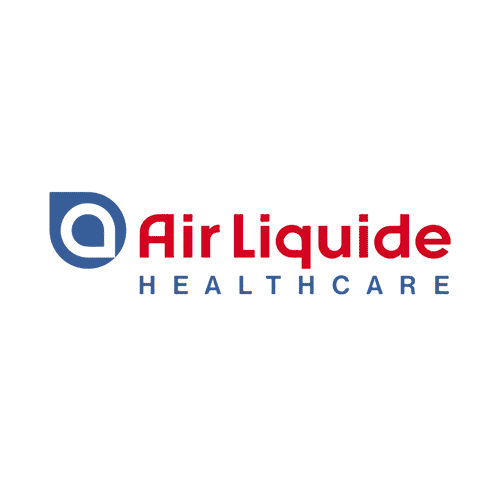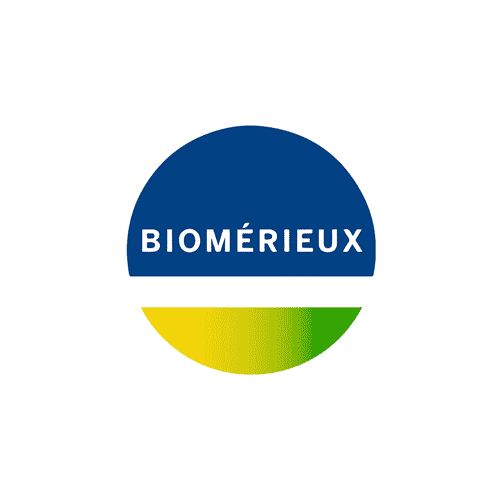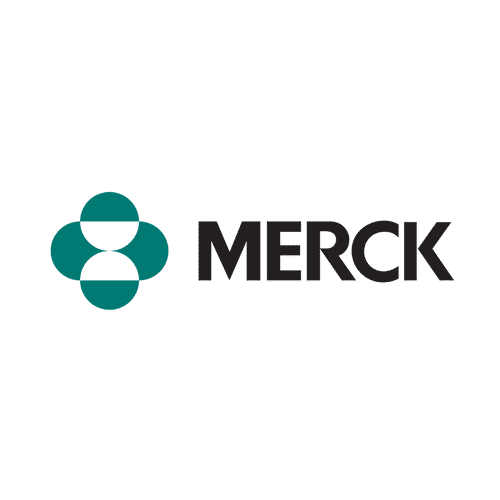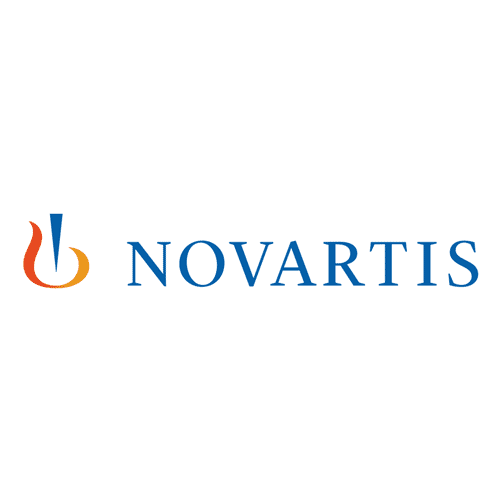
Translational research

Boost your therapeutic innovation
Alcimed’s Healthcare team supports healthcare companies in capturing the potential of translational research in order to accelerate the development of their innovative therapeutic projects.
They trust us









The challenges related to translational research
Translational research has seen rapid growth in recent years thanks to the boom of cutting-edge technologies and increasing collaboration between scientists and health professionals.
Among these modern technologies, medical advances in DNA sequencing and data analysis have driven key advances in understanding the molecular mechanisms of disease and identifying new therapeutic targets. Today, precision medicine has emerged as a promising method for personalizing treatments based on individual patient characteristics, and therefore relies heavily on translational research.
The importance of translational research is highlighted by the recent increases in investments in this domain: public and private players including the National Institute of Health (NIH), European Medicines Agency (EMA), the National Institute for Health Research (NIHR), and others have invested large sums and encouraged collaborations between researchers, clinicians, and companies.
In order for this market to develop, numerous challenges exist for the involved players. Some of the more notably challenges include the following:
Translational research projects involve health industry players, clinicians, and researchers from different domains (biology, chemistry, pharmacology, genomics, statistics, bioinformatics), and different institutes or research centers. These players have essential competencies for therapy development, but they are not used to working together; thus their challenges and priorities must be aligned, and even their daily language can differ.
Translational research projects require an adapted itinerary in order to facilitate collaboration between players from different organizations, especially those in public and private institutions.
How can collaborations be facilitated between different translation research players in order to optimize product development for therapies?
As previously noted, translational research projects involve many players. These players all play a key role: clinicians share their expertise in the patient care pathway and patient needs, and in the process of clinical trials; researchers generate new knowledge on living organisms and carry out the initial laboratory tests; industrial players bring their assets and their experience in developing health products. It is therefore essential to bring together the right competencies and teams for working on the same project.
How can key partners be identified to carry out translational research projects?
To facilitate collaboration and implement translational research projects, a dedicated center for this purpose must often be put in place. Such a center enables the gathering of research teams from different disciplines, from the pharmaceutical or Medtech industries, clinicians, and even regulatory affairs experts. Additionally, it can offer a favorable research environment for scientists and clinicians by providing them the tools, resources, and infrastructures needed to carry out their research projects. These centers can include cutting-edge laboratories, prototyping and manufacturing facilities, conference rooms and administrative support services. A growing number of pharmaceutical laboratories and large biomedical research centers are opening specialized centers for carrying out translational research projects.
What are the pros and cons of a dedicated translational research center? What should be the roadmap for such a center?
Involving patients and communities in translational research enables a better understanding of the needs and preferences of those affected by sicknesses, as well as the obstacles these people face in accessing care and treatments. It also helps to better identify the priority research questions and drive the research in the directions that will ensure it has the largest impact on patient health. Additionally, involving patients and communities in the research process can improve the quality and relevance of clinical studies by ensuring that research protocols are adapted to patient needs, and that they are adapted for recruiting and maintaining patient participation.
When and how can patients and communities be involved in translational research?
How we support you in your projects related to translational research
For over 30 years, Alcimed has been supporting clients in the healthcare domain in numerous issues, including those pertaining to translational research.
We have carried out projects in this domain with all types of healthcare players, and notably:
- European Centers of National Research including Precidiab, l’INCa, and others
- Medtech companies including bioMérieux, Medtronic, and others
- Patients associations such as the French Society for Analytical Psychology (SFPA)
The diversity of our clients, the geographies we explore, and the types of projects we carry out give us a global and in-depth understanding of the issues faced in healthcare R&D, and more specifically, in translational research.
Our projects cover diverse subjects such as new technologies and therapeutic approaches, the identification and prioritization of potential partners in translational research, the definition of collaborative projects, building grant funding applications, preparing to launch new projects in translational medicine, and many others!
Examples of recent projects carried out for our clients in translational research
Strategic positioning and help in creating a translational research center
Alcimed supported a public biomedical research institute to specify their interest in creating a translational research center or not, and if interested, to define their strategic position.
The frame of the translational research covered all research steps upstream of medication (discovery phase), from fundamental research to creation of an optimized medication candidate (lead). Our team supported the client in the studies of the current situation of their translational research programs and the identification of unaddressed needs, and analyzed the areas in which a specific structure would fill the gaps.
After the project, the client had the necessary information to decide whether to establish a translational research laboratory for developing medications.
Search and evaluation of translational research partners for new technologies
We supported a leader in the in-vitro diagnostic (IVD) field for whom innovation is a key development pillar. Our client wanted to enrich their external partner network in order to better identify, evaluate and develop the future technologies in the IVD field. These technologies are linked to a broad field of analytical scientific expertise, such as lasers, mass spectrometry, nuclear resonance magnetic spectroscopy, and also preparation and automation of test tubes and data studies.
As a first step, Alcimed identified potential expert partners in this domain (both public and private players) that had the capacity for translational research and that would be open for collaboration. These players were then characterized and prioritized by our team based on different criteria in order to select the best potential partners.
This study allowed our client to obtain a view of all of the different potential partners, a recommendation for which partners to target first, and the key associated contacts to initiate first collaborations.
R&D and translational research strategies for a pharmaceutical laboratory
Our client, a leading pharmaceutical laboratory in the ophthalmology market, was lacking in reasons to decide whether or not to develop a translational research programs in its R&D strategy. We helped them in exploring the primary barriers and the associated levers to put in place in translational research, focusing mainly on benchmark cases. Our studies focused on three main points:
- Identifying good practices for a pharmaceutical company to implement translational research activities
- Determining the potential of applying translational research in the ophthalmology field
- Defining the optimal organization of our client’s resources
In the end, our study enabled the client to have a complete vision on the ins and outs of translational research programs and the potential implications that their implementation could have on their global R&D strategy.
Search for public and semi-public funding opportunities for the creation of a translational R&D center for mRNA
A leading pharmaceutical client had launched a medical center of excellence in mRNA in 2021 that was dedicated to vaccines, with the objective of accelerating the development and delivery of next-generation vaccines.
Our client wanted to maintain this dynamic by opening a medical center of development for mRNA technologies dedicated to preclinical, clinical, and translational research activities. Our team initially identified public and semi-public financing opportunities for this project, then characterized them (concerned domains, eligibility criteria, funding amount, etc.) and selected the best opportunities by taking into account the needs and specific context of the client.
Finally, Alcimed equally supported the client in developing their roadmap in this new R&D center.
Identification for a leading pharmaceutical company of the key capabilities needed for industrializing its ASO technology
Alcimed helped a leading pharmaceutical R&D company identify the critical capabilities required for the successful industrialization of molecules using antisense oligonucleotide (ASO) technology.
To do so, we analyzed the competitive landscape and trends, identified the skills and capabilities needed to penetrate this market, and the implications for the various teams, particularly in terms of translational research and associated partners.
Thanks to our work, our client was able to understand the current competitive position of ASO technology, and to anticipate the critical capabilities and competencies needed to successfully industrialize ASO as well as future partners in translational medicine.
You have a project?
To go further
Cross-sector
Gathering in oncology research: 3 levers to make it a vector of attractiveness for industrial companies in France
How to make gathering in oncology research in France a vector of attractiveness for industry? Alcimed identifies in this article 3 levers for academic centers and associated support structures to ...
Healthcare
Precision Medicine in oncology: a catalyst for innovation in allergology
Today, one in four Europeans suffers from an allergy. Tomorrow, in 2025, allergies could affect more than half of the European population because of global warming and changes in lifestyles. While ...
Healthcare
Access to innovative tests in oncology in France: the critical path towards targeted therapies
The development of targeted therapies offers a new hope for cancer patients. Biomarkers analyses necessary to access each targeted therapy must be accessible in order to identify eligible patients. ...
Founded in 1993, Alcimed is an innovation and new business consulting firm, specializing in innovation driven sectors: life sciences (healthcare, biotech, agrifood), energy, environment, mobility, chemicals, materials, cosmetics, aeronautics, space and defence.
Our purpose? Helping both private and public decision-makers explore and develop their uncharted territories: new technologies, new offers, new geographies, possible futures, and new ways to innovate.
Located across eight offices around the world (France, Europe, Singapore and the United States), our team is made up of 220 highly-qualified, multicultural and passionate explorers, with a blended science/technology and business culture.
Our dream? To build a team of 1,000 explorers, to design tomorrow’s world hand in hand with our clients.
Translational research is a research process aiming to apply fundamental science discoveries to medical treatments and therapies for patients. It bridges the gap between fundamental research and clinical research by translating science discoveries into practical clinical applications, by passing around several intermediate steps such as pre-clinical research or clinical trials.
Translational medicine is based on the collaboration between scientists from different domains, such as biologists, clinicians, informatic scientists, engineers, and statisticians.
Translational research is often described as a spectrum that is divided into four phases, commonly referred to as T1, T2, T3, and T4.
- T1 research, also known as “translation to humans”, includes the development and validation of animal models, preclinical drug studies, the development of clinically relevant technologies, and phase 1 and 2 clinical studies.
- T2 research, or “translation to patients”, includes phase 3 clinical trials (including comparative efficacy trials), phase 4 clinical research and the development of clinical guidelines.
- T3 research, also known as “translation to practice”, focuses on the implementation and dissemination of phase 3 and 4 clinical research results.
- T4 research, or “translation to community”, focuses on outcomes and effectiveness in populations, including the evaluation of benefits to communities through public health policies and programs, the adoption of best practices of proven interventions in communities, and cost-benefit analyses.


